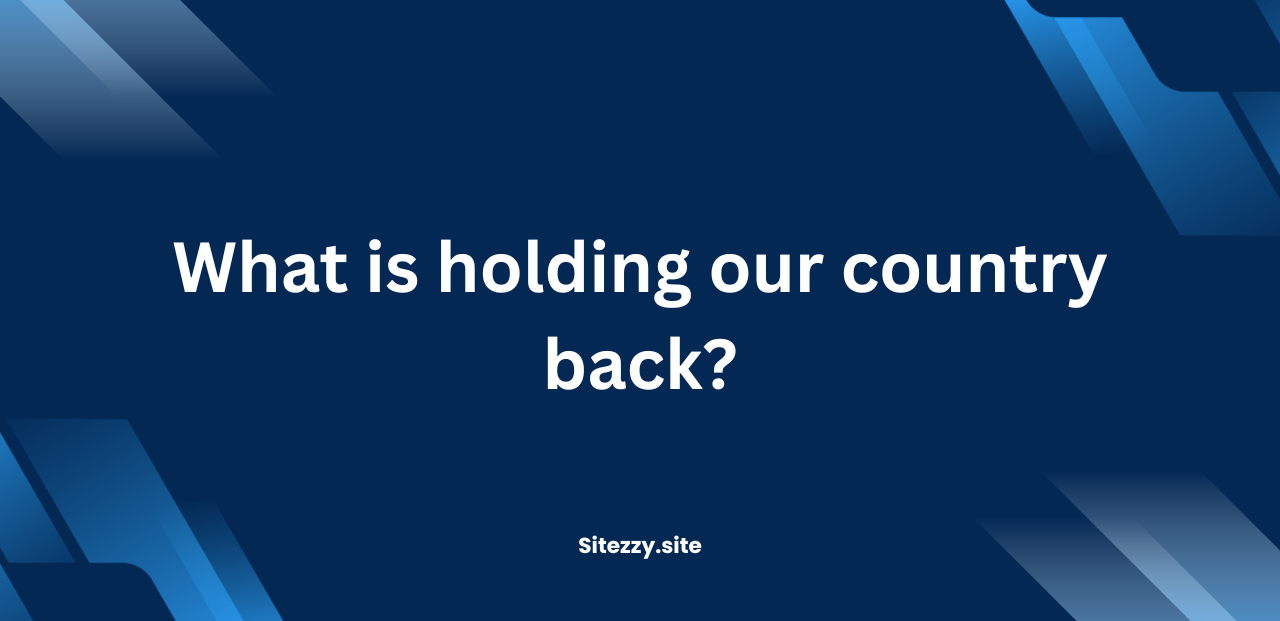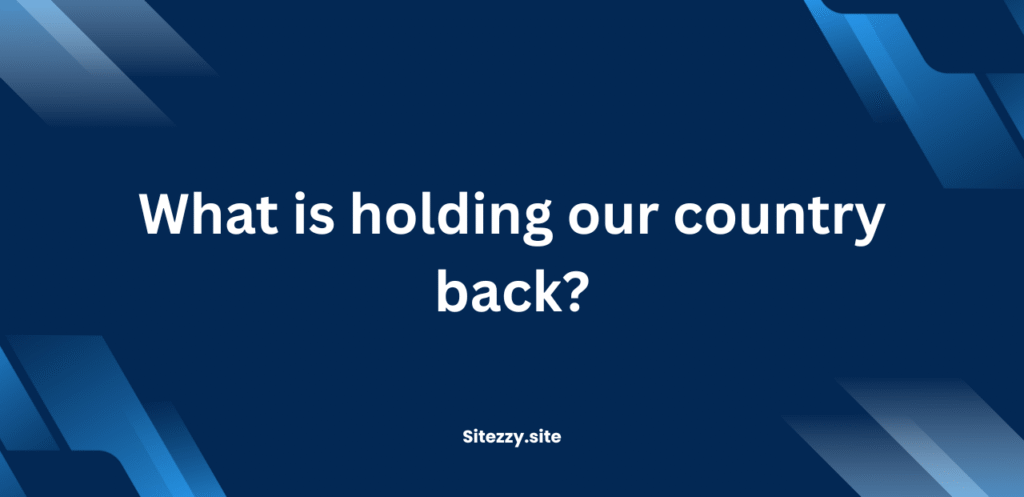
What is holding our country back?
At my last role with a private equity fund, we had our fair share of investment successes — and our share of losses too. But what stood out to me wasn’t just the financial losses. It was the pattern behind them.
In almost half the cases where we lost significant money, the root cause wasn’t a bad business model or market failure.
It was fraud.
When Promoters Cross the Line — And No One Blinks
In many instances, the company promoters — the very people we were backing — siphoned off funds for personal gain. In some cases, it wasn’t just a few lakhs, but hundreds of crores that vanished from the books.
You would think this would lead to arrests, trials, or at least a public scandal.
But that rarely happened. Not one of these individuals faced prosecution, and not a single one went to jail.
They continue to live in luxury, rubbing shoulders with the elite in high society, attending the same parties, appearing in the same magazines.

And instead of calling it what it is — fraud or theft — we use a softer, more polite phrase:
“Poor corporate governance.”
In India, Investors Don’t Just Ask “Is This a Good Business?”
If you’re investing in the US or other developed markets, your focus is largely on fundamentals: revenue growth, margins, market share, competitive moat.
But in India, the very first question — especially in traditional sectors — is different:
“Is the promoter trustworthy?”
Sadly, in many industries, it’s almost taken for granted that you need to be somewhat unethical to survive — and thrive.
The result? Widespread distrust. And that has deep, long-term consequences.
Distrust Kills Capital — And Slows the Economy
When trust is missing from the system, investors hold back. Businesses find it harder to raise capital. Markets become more volatile. And instead of building long-term value, companies focus on short-term optics.
This environment slows down wealth creation, affects job growth, and keeps the broader economy from reaching its full potential.
It makes us all poorer — not just financially, but in terms of the culture we promote.
The Striking Contrast: Rich Fraudsters vs. Honest Workers
Here’s what really stayed with me.
These promoters who stole crores were already wealthy. They weren’t doing it out of need — they simply wanted more, and they knew they could get away with it.
And yet, contrast that with a story I recently came across — an auto driver in Hyderabad found a bag of gold jewellery left behind by passengers. He tracked them down and returned it, without a second thought.
He likely earns a fraction of what these businessmen do, but he chose honesty.
And it makes you wonder: what would these promoters have done in his place?
If This Culture Changed, Our Economy Could Soar
Imagine a version of India where white-collar fraud was rare, not rampant. Where ethics and trust were the norm, not the exception. The impact on our capital markets, our businesses, and our growth potential would be massive.
But for now, that remains a dream — a hypothetical future that never quite materialises.
Still, we have to start somewhere.
Call It What It Is
If nothing else, we need to stop using soft language to describe hard truths. This isn’t just “poor governance.” It’s fraud. It’s theft. And it should be called out as such.
Until that happens, we’ll continue to pay the price as a society — in trust, in opportunity, and in growth.
Let’s not stay silent. Let’s not look the other way. Change begins by speaking the truth.
More Information: https://sitezzy.site/



